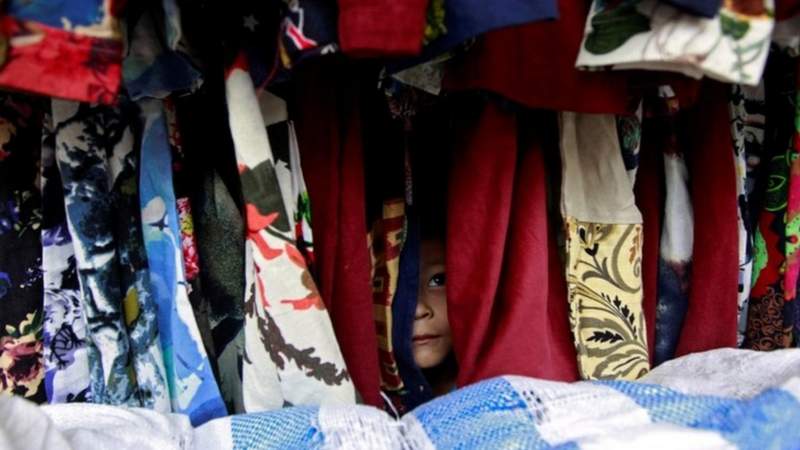
It’s a very dangerous time for journalists overall.” She said: “Staff should not have to face these threats and they shouldn’t be thinking when they are speaking to camera: ‘I’m taking my life in my hands’. She added, in answer to a question from Press Gazette: “We don’t believe there is an immediate risk, but we know there have been examples of extra-judicial killings… and using that kind of language against is a precursor to this kind of behaviour.” Pointing to these claims, Gallagher said there was a “very grave risk here to individual journalists” and particularly those who spoke out. Iran has been accused by the Dutch government of hiring criminal gangs to murder two Iranian dissidents in the Netherlands, according to reports. She said Iran is “sending a clear message to journalists that they should stop their work, they should be gagged, they should leave their jobs,” adding: “Every day when they report to camera or the website, they know they have this hanging over their heads and that threat is there.” ‘Very grave risk’ to journalists “It’s an attempt to leverage the fact that they have got loved ones or sources in Iran to try to put pressure on those outside Iran… Targeting family members of BBC journalists simply because they are doing their job here in London.” On this last point, she said: “No longer is Iran simply targeting those who report on its own soil, it is using the long arm of state to reach out and try to silence people based in Europe, the US and London. The fact this takes place across national borders.

“It’s collective punishment not just of the journalists but those connected to them – their family members are targeted and we have also seen their sources being targeted.”.

The unprecedented “collective punishment” of journalists, which she described as a “jurisprudential dragnet capturing everyone in its net”.‘Iran is using the long arm of state to try to silence people’īarrister Caoilfhionn Gallagher QC, of Doughty Street Chambers, said: “We all know that harassing journalists and accusing them of espionage or terrorism simply for doing their job is not a new tactic.”īut, she said there were three reasons why the BBC Persian case is different. Last year, a fake news story accused BBC Persian of being a terrorist-funded organisation working against Iran. Simpson said he himself has not been allowed back to Iran since 2009, adding: “There has been a closed mind in Tehran.” “What the government of Iran has done has been really pretty depressing – I have been aware of it for years.” Without freedom there’s always some sort of limitation on true and good and honest journalism. He added: “Freedom is the atmosphere in which proper, decent, good journalism thrives.
PERSIAN BBC NEWS FREE
World affairs editor John Simpson described what is happening to the BBC Persian service as “one of the worst things that a nation has done to free speech in recent times”. The corporation appealed to the United Nations for the first time in its history in March last year over the harassment of BBC Persian staff. ‘Freedom’ is essential for good journalism Rahimpour has shared her story as the BBC attempts to raise awareness of the plight of its journalists among the wider public. Later, both of her parents were subjected to a year-long travel ban which meant they couldn’t visit her newborn child in the UK.

Her father was interrogated for several hours in 2013 by Iranian authorities who were looking for information about her and her husband and where they lived in the UK. She said: “I thought I won’t be pressured or coerced because they can’t get to us anymore and we can report whatever needs to be reported, but little did we know they wouldn’t leave us alone – and not just us, but also our families.” Rahimpour left Iran to join BBC Persian – her “dream job” – in 2008, believing that she would be able to report freely on her native country from abroad. “We think one of these days it’s going to be us standing there and mourning, not being able to go and see our relatives.” Every time a parent dies we get together with the BBC to help each other go through it – they cannot go out there to mourn. Rana Rahimpour, a well-known face on BBC Persian, said: “We are living in a daily nightmare. Some 45 said their parents had been questioned or interrogated by Iranian authorities, 40 said the same of brothers or sisters and 47 said the same of friends.


 0 kommentar(er)
0 kommentar(er)
